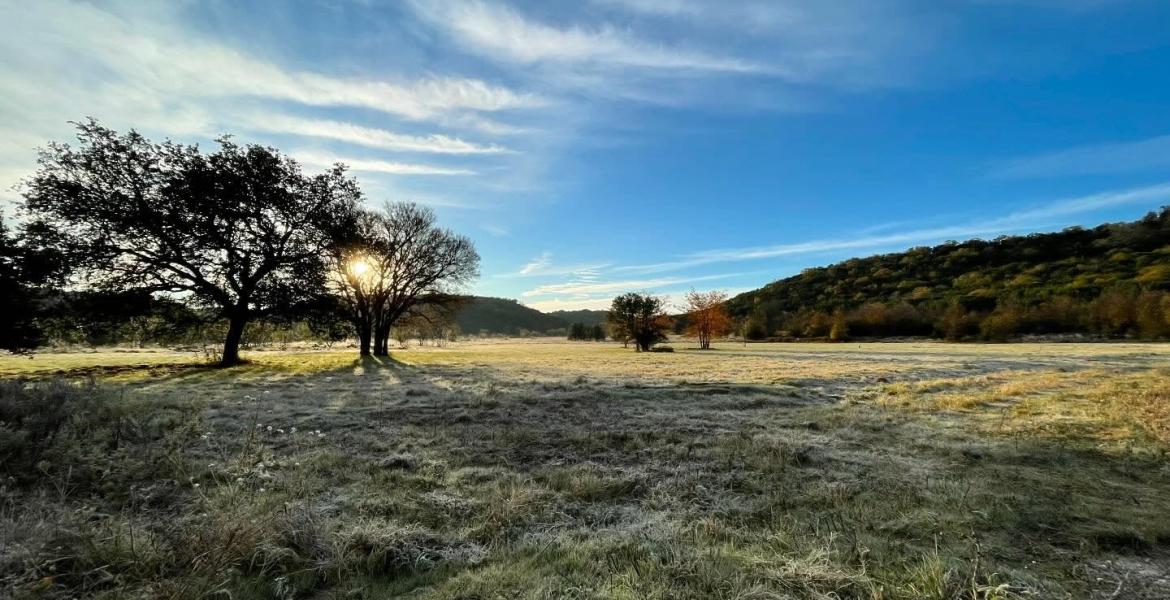AUSTIN — Texas Parks and Wildlife Department received test results last month confirming diagnoses of Rabbit Hemorrhagic Disease virus 2 (RHDV2) in two desert cottontail rabbits and one black-tailed jackrabbit in El Paso County. This marks the first confirmed cases of RHDV2 in wild rabbits in Texas this winter.
Rabbit Hemorrhagic Disease (RHD) is a highly contagious viral disease that can affect both domestic and wild rabbit species, including hares, jackrabbits and cottontails. This disease is nearly always fatal and primarily affects adult rabbits. The viral agent, Rabbit Hemorrhagic Disease Virus (RHDV), is a calicivirus with two strains, RHDV1 and RHDV2, both reported in North America in recent years. RHDV appears only to affect rabbit species (lagomorphs). It is not known to affect humans, livestock or pets other than rabbits. However, pets should not be allowed to consume dead animal carcasses.
TPWD has confirmed RHDV2 in several West Texas counties in recent years. If sick or dead wild rabbits are noticed, a local TPWD wildlife biologist should be contacted. Learn more about RHDV2 in wild rabbits on the RHD page of the TPWD website.
Often, the only clinical sign of the disease is sudden death. In less acute cases, rabbits display dullness/apathy, not eating, bleeding from the nose and eyes or watery, congested eyes. Some may also exhibit neurological signs such as incoordination, excitement or seizure-like episodes.
This highly contagious disease spreads between rabbits through contact with infected rabbits or carcasses, their meat or their fur, contaminated food or water, or materials encountering them. RHDV2 can persist in the environment for a very long time. These factors make disease control efforts extremely challenging once it occurs in wild rabbit populations.
Domestic rabbit owners who have questions about RHDV2 or observe sudden death in their rabbits should contact their private veterinarian. Private veterinarians are requested to contact the USDA-APHIS or the Texas Animal Health Commission (TAHC) to report any suspected cases at 1-800-550-8242. Rabbit owners or breeders should practice biosecurity on their farms and in their homes. Report all unusual mass morbidity (sickness) or mortality (deaths) events to the TAHC.
Find more information about RHD on the U.S. Department of Agriculture Animal and Plant Health Inspection Service fact sheet.
Subscribe to the LIVE! Daily
Required






Post a comment to this article here: